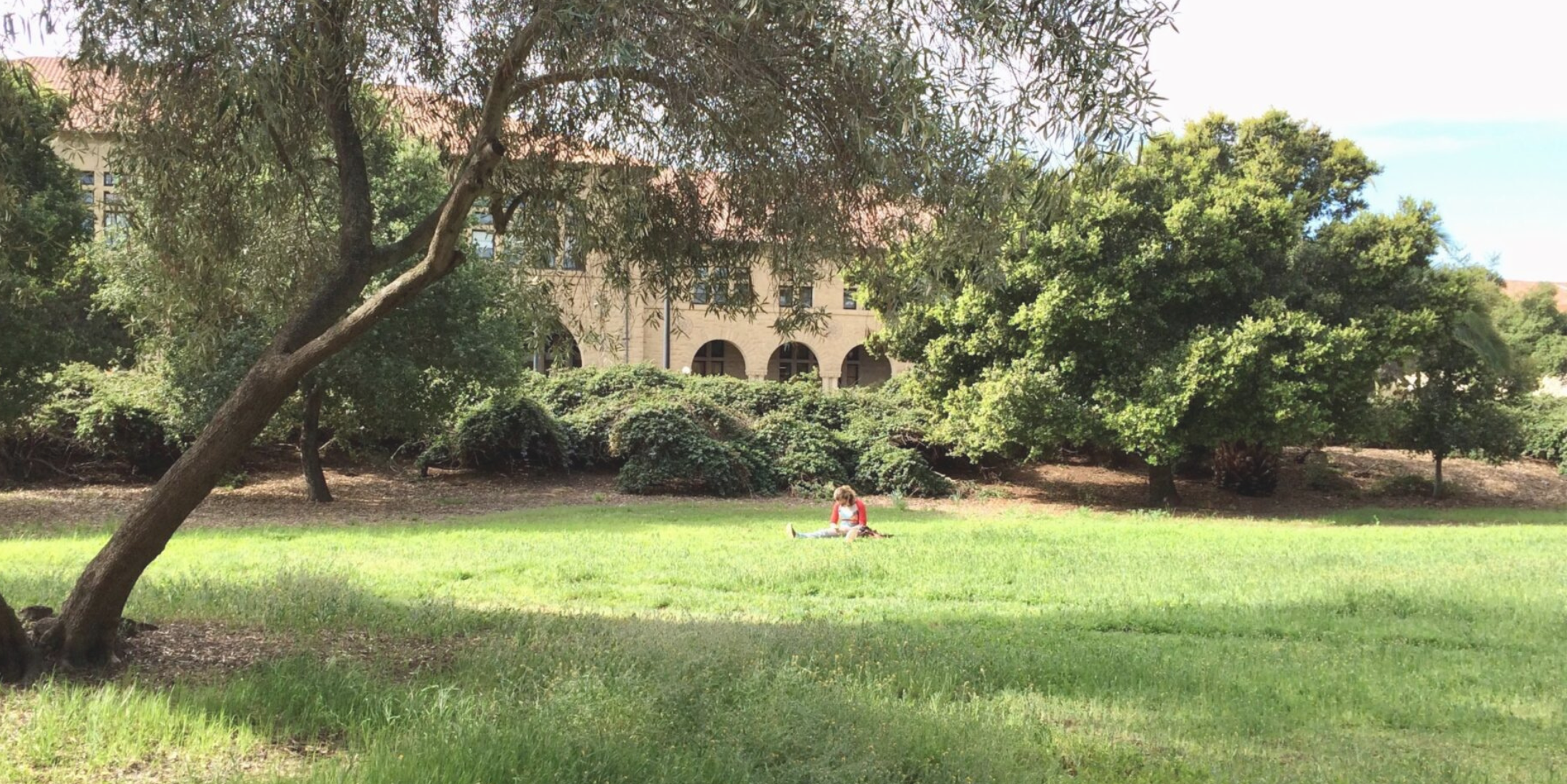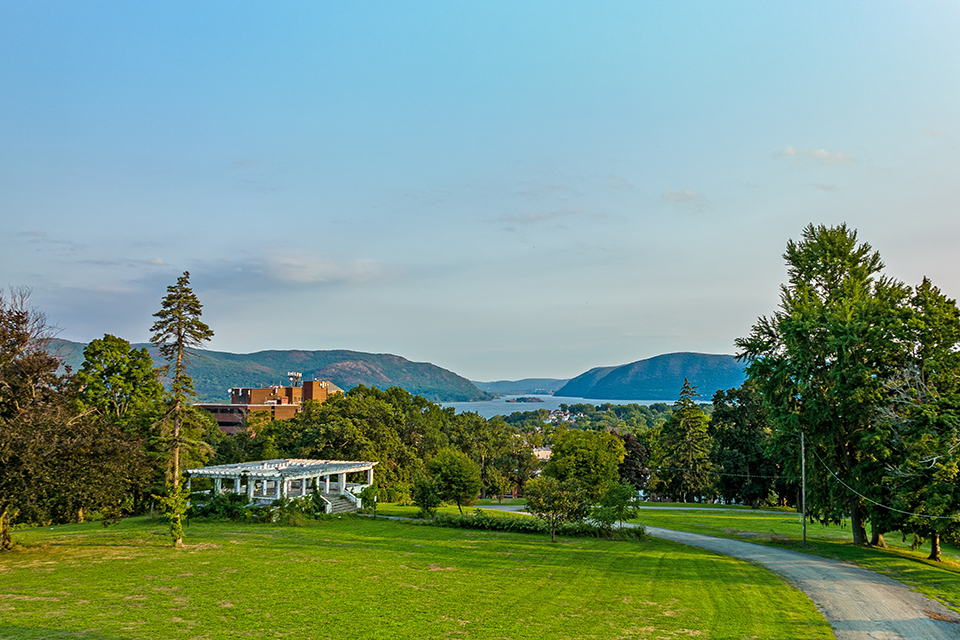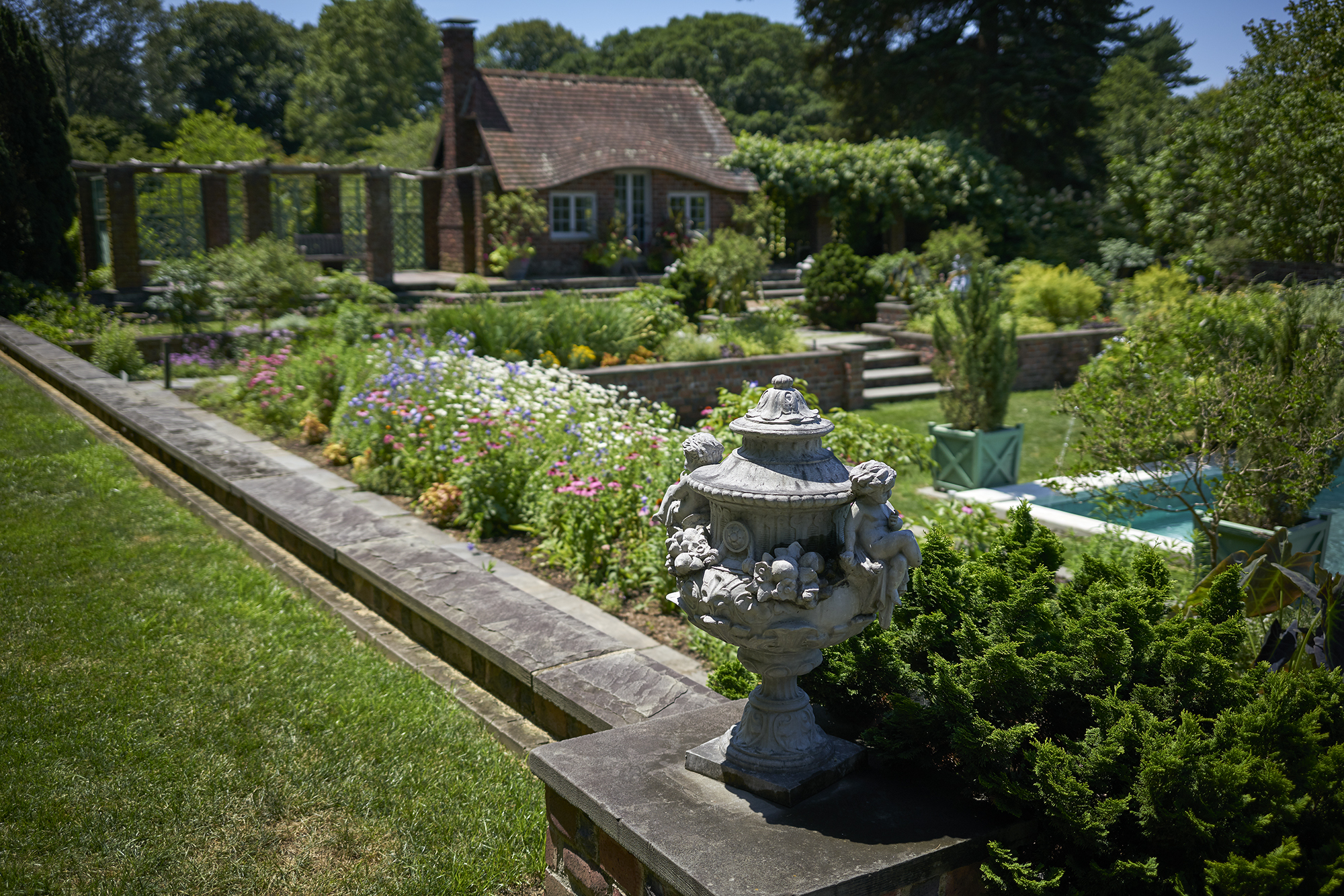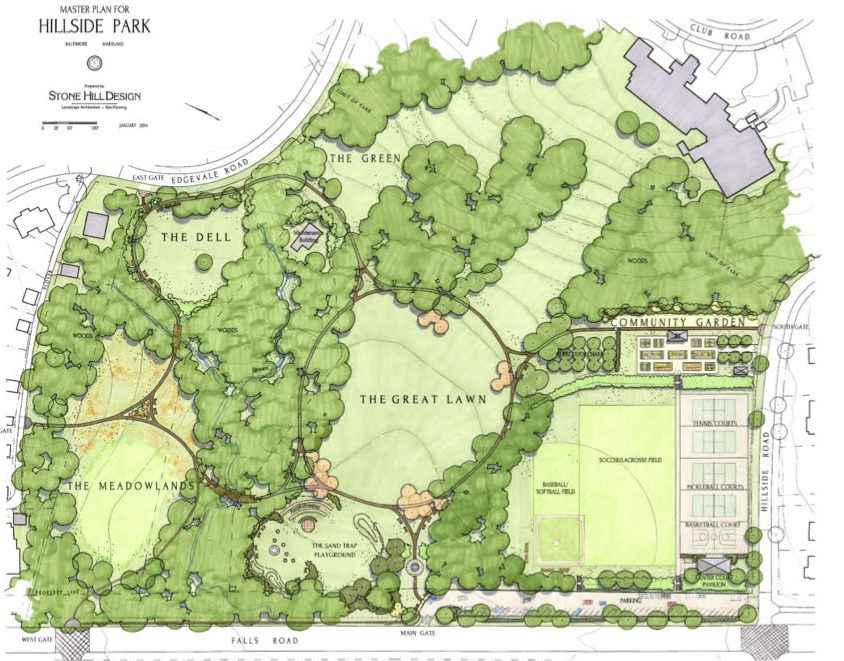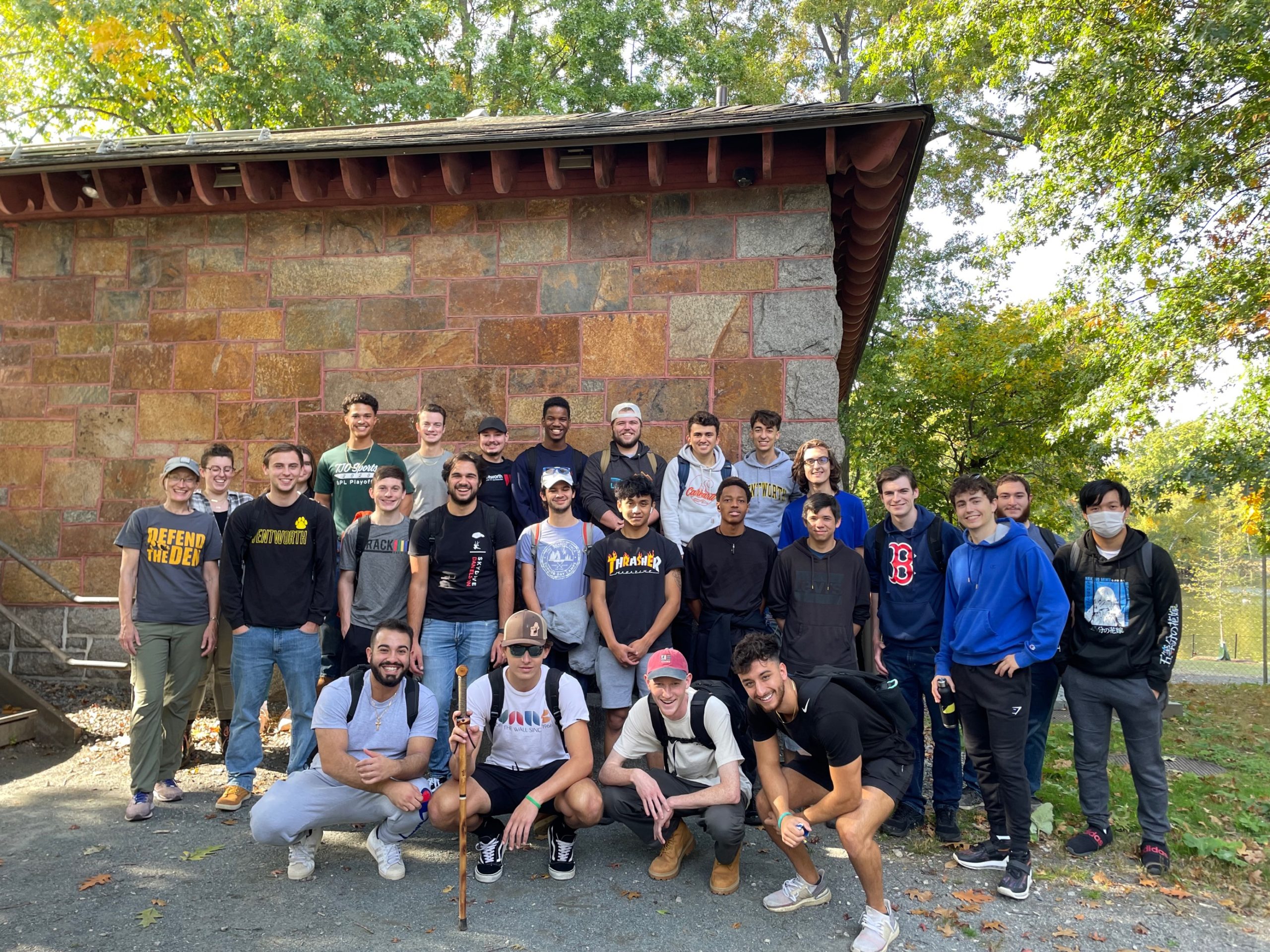
As one of the first planned communities in the country, Riverside serves as the realization of Frederick Law Olmsted’s vision for the ideal suburb.
About Riverside
In 1869, Olmsted and his partner Calvert Vaux produced a plan for the new community west of Chicago. The village, which remains preserved today, features curved roads, village greens and gas streetlights with many streets named after botanists, landscape designers, authors and others who influenced Olmsted’s work and landscape philosophy.
In contrast to nearby Chicago, Olmsted designed Riverside by embracing the beauty of the country. Riverside was one of the first communities to offer both the convenience of the city and the idyllic open spaces of the countryside.
Designated a National Historic Landmark in 1970, Riverside’s design and architecture are steeped in history. Many of the structures were designed by prominent architects, including Frederick Clarke Withers, Frank Lloyd Wright and Louis Sullivan.
Due to the efforts of Riverside’s Frederick Law Olmsted Society and other preservationists, the community has protected Olmsted’s plans over time, allowing its well-preserved historic district to offer a step back in time with its quaint roads and abundant greenery.
Shared Spaces
Spotlight on… Riverside, ILProspect Park
Prospect Park in Brooklyn, NY, was beloved by Olmsted and revered as one of his most significant projects.
Rochester Parks System
Rochester is one of only four cities with a park system designed by Frederick Law Olmsted, Sr., joining Buffalo, Boston and Louisville.



